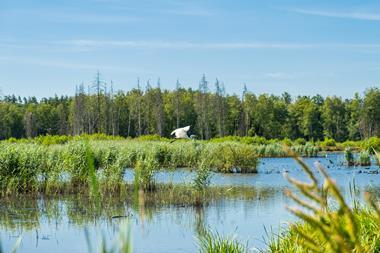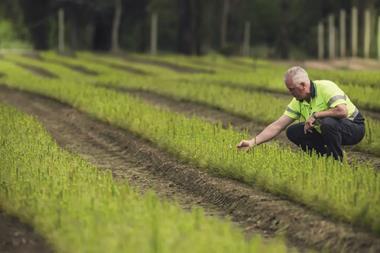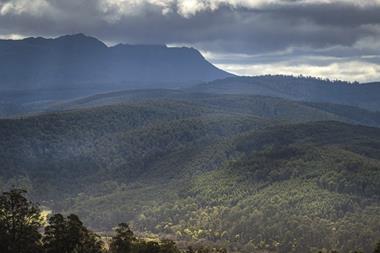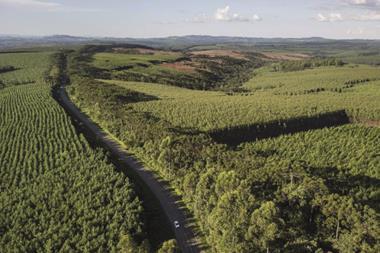Sydney-based timberland asset manager New Forests has made its largest investment in the US by acquiring Roesburg Resources’ California timberlands for an undisclosed sum.
New Forests is buying 170,000 acres (70,000 hectares) of core timberland at a price believed to run into nine figures.
David Brand, New Forests CEO, told IPE Real Assets the acquisition is the fourth-largest forestland holding in Northern California.
He said: “This is a direct investment with our clients. We have set up a private REIT with a group of global investors to hold the asset.”
The single-asset, open-ended vehicle is known as Shasta Cascade Timberlands.
Brand said the deal signals a new phase of its investment strategy in the US. The market represents less than 10% of New Forests’ total assets under management. Globally, it manages more than two million acres of forestry, land, and conservation investments.
“We are beginning to see forestry property that could be bought to develop timber production with a carbon offset scheme, generating returns 2-4% higher than traditional timberland returns,” Brand said.
“Investors can secure high-quality forestry assets with exposure to well-established timber markets while also benefiting from the shift toward a low-carbon economy.”
Brand said New Forests has the tools to embark on segmentation of the mature US timberland market.
“The edge is to segment the forests to map areas with high carbon values to achieve higher returns,” he said.
“This investment will be cash-flow positive from day one. As we will replant where we harvest, the timberland will generate cash flow in perpetuity.”
The Douglas-fir and pine forest, which has been in production for the past 100 years, supplies lumber to local sawmills and plywood veneer mills. Roseburg Resources retains ownership of a nearby plywood mill.
Brand said the outlook for its products is positive. “We are seeing a steady housing market recovery in the US, and the Trump administration has recently placed a tariff on lumber exports from Canada,” he said. “This will benefit US producers.”












